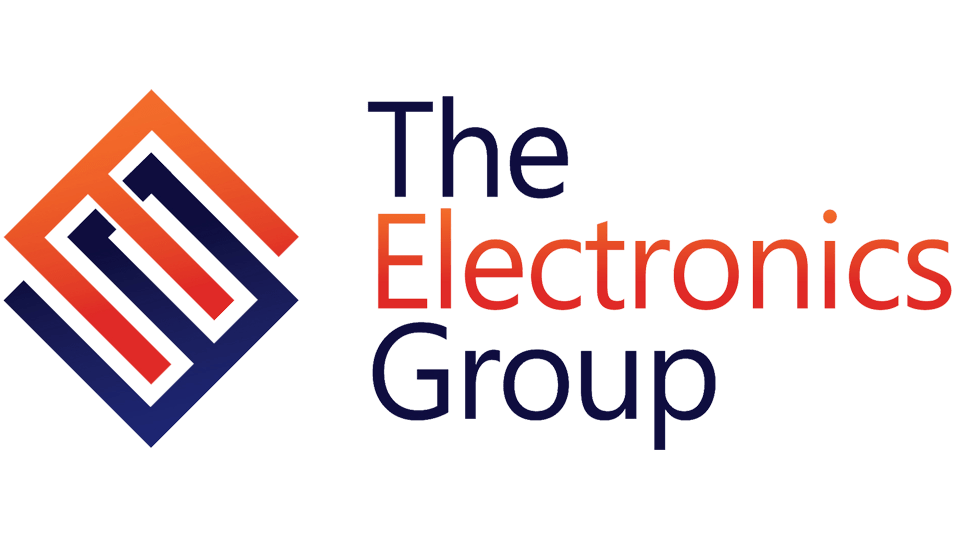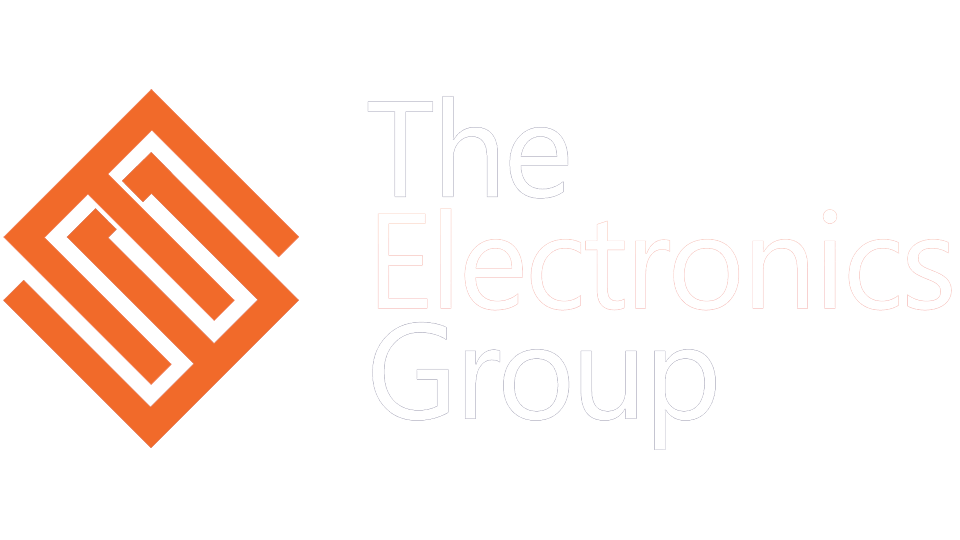In the world of electronics manufacturing and assembly, achieving a high standard in the quality of your work is not just beneficial—it’s often essential. IPC certification offers a pathway to this standard. IPC is recognised globally throughout the electronics industry for its commitment to excellence, reliability, and consistency.
This blog post will explain the importance of becoming IPC certified, exploring the benefits for individuals and businesses alike, and how we at The Electronics Group can facilitate your certification.
Understanding IPC Certification
IPC certification provides a structured program for electronic interconnection industries to ensure high-quality product production and consistency across the board. It’s a way for professionals in the electronics industry to demonstrate their commitment to industry standards, improving their skill set, and ensuring that they are up to date with the latest technologies and methodologies.
The certification comes in various levels, catering to different roles within the industry, from hands-on technicians to those involved in the design and decision-making processes.
There are five core approved and industry-developed IPC certificated courses. The IPC J-STD-001 and IPC 7711/7721 are process ‘how to do’ courses, and the IPC A-600, IPC A-610 & WHMA-A-620 are acceptance ‘how to check’ courses. Our expert Master IPC Trainers can facilitate any of these courses either at our training center in Leeds, our facility in Chippenham or at your premises. Some of our courses can even be taught remotely, negating the need for travel. Our knowledgeable sales team can help guide you towards the best course for you or your staff if you are unsure.
Get in touch today to find out more!

Gaining an IPC certification is not just about holding a certificate; it’s about understanding and implementing industry standards that lead to improved product reliability and performance. This certification ensures that professionals are equipped with the latest knowledge and best practices, enabling them to address and navigate the challenges that come with electronic assemblies.
The process of becoming IPC certified involves thorough training and examinations, ensuring that individuals have a deep understanding of IPC standards for each of the 3 classes. These standards cover a wide range of topics, including soldering, cable and wire harness assemblies, and electronic assemblies’ acceptance criteria. By focusing on these key areas, IPC certification helps professionals develop a comprehensive understanding of the quality requirements in electronic assemblies.
The Global Recognition of IPC Certification
IPC certification is acknowledged worldwide as a mark of quality and expertise. This universal recognition opens up numerous opportunities for professionals, allowing them to work in various sectors and regions without the need for additional qualifications. For businesses, having IPC certified staff demonstrates a commitment to quality that can attract new clients and retain existing ones, given the assurance of industry-standard practices being applied.
If you utilise our recruitment services to find the newest member of your team, we will even put them through an IPC certification for FREE. You can see more about our recruitment services here.
The importance of becoming IPC certified extends beyond individual acknowledgment; it is a key factor in the global supply chain of electronic products. As companies seek to ensure the reliability and performance of their products, they look for partners and suppliers that adhere to the highest standards. IPC certification provides this assurance, making it a valuable asset for businesses looking to expand their reach and compete in the international market.
Furthermore, the importance of becoming IPC certified lies in its role in facilitating industry-wide communication and understanding. With a common set of standards and language, professionals from different parts of the world can collaborate more effectively. This global network of IPC certified individuals and companies fosters a culture of continuous improvement and excellence in the electronics industry.


Enhancing Career Prospects With IPC Certification
One of the primary benefits of IPC certification is the significant boost it can give to an individual’s career. In an industry where technological advancements are rapid, staying ahead means continuously updating one’s skills and knowledge. IPC certification provides a clear path for professional development, making certified individuals more attractive to employers.
Companies in the electronics manufacturing sector are always on the lookout for skilled and knowledgeable employees who can contribute to producing high-quality products. Holding an IPC certification signals to potential employers that you are committed to your professional growth and are equipped with the skills and understanding necessary to meet industry standards. This can lead to better job prospects, higher salaries, and opportunities for advancement within the field.
We have been training and certifying professionals in the electronics industry for many years and as such have a vast network of skilled and talented individuals for businesses looking to recruit.
In addition to making individuals more marketable, IPC certification also offers a platform for networking with other professionals in the industry. Through training courses and certification exams, individuals can connect with peers, share knowledge, and learn from each other’s experiences. This network can prove invaluable as professionals navigate their careers, providing support, opportunities, and insights into the industry’s latest trends and best practices.
Ensuring Quality and Reliability
Perhaps the most important part of becoming IPC certified is the emphasis on quality and reliability in electronic products. IPC standards are designed to ensure that electronic assemblies meet stringent requirements, reducing the risk of failures and increasing the lifespan of products. This is particularly crucial in industries where reliability is non-negotiable, such as aerospace, automotive, and medical devices.
Certification trains individuals to identify and correct potential issues before they become problems, leading to a more efficient manufacturing process and a reduction in waste and rework. This not only improves the bottom line for businesses but also enhances their reputation in the market. Clients and consumers are more likely to trust and choose companies that can demonstrate a commitment to quality and reliability. IPC certification is a clear way to showcase this commitment.
It goes without saying that adhering to IPC standards helps businesses stay compliant with international regulations and standards, minimising the risk of legal issues and penalties. It also facilitates smoother communication and collaboration with partners and suppliers, as there is a shared understanding of quality expectations. This can lead to more efficient supply chains and project executions, further enhancing the competitiveness of businesses in the global market.


Fostering Innovation and Efficiency
Innovation is at the very core of the electronics industry, driving the development of new products and technologies. IPC certification plays a pivotal role in fostering innovation by ensuring that professionals are trained in the latest industry standards and practices. This knowledge base encourages creative problem-solving and the development of innovative solutions to manufacturing challenges.
The efficiency of manufacturing processes is another area where the importance of becoming IPC certified is evident. Certified professionals are equipped to implement best practices in their work, streamlining production processes and reducing errors. This not only leads to a more productive workforce but also contributes to the overall sustainability of manufacturing operations by minimising waste and energy consumption.
In a world where individuals and businesses seek to become more eco-friendly and more aware of their carbon footprint, IPC certification offers the skills and knowledge base to reduce waste. This saves businesses time and money in seeking replacement components which are often vastly more expensive than pre-pandemic levels and much more difficult to source. Being able to re-use a damaged or incorrectly soldered component is vital for fast turnaround of customer orders.
Ultimately, IPC certification encourages a culture of continuous improvement within organisations. As professionals strive to maintain their certification and stay up to date with the latest developments in the industry, they bring new ideas and approaches to their work. This culture of learning and innovation can propel businesses forward, enabling them to adapt to changing market demands and stay ahead of the competition.
Bridging the Skills Gap
The electronics industry is currently facing a significant skills gap, with a growing demand for skilled professionals to meet the needs of advanced manufacturing processes. IPC certification offers a solution to this challenge by providing a structured training program that equips individuals with the necessary skills and knowledge. By standardising the skills required across the industry, IPC certification helps ensure a consistent level of expertise among professionals, making it easier for companies to find and hire qualified candidates.
In addition, IPC certification can help address the issue of workforce diversity in the electronics industry. By providing access to training and certification for a wide range of individuals, IPC certification opens up opportunities for underrepresented groups to enter and advance in the field. This diversity of perspectives and experiences can enrich the industry, driving further innovation and growth.


Streamlining Compliance and Standardisation
In a global industry like electronics manufacturing, compliance with international standards and regulations is a complex but necessary aspect of doing business. IPC certification simplifies this process by aligning training and practices with widely recognised standards. For companies operating in multiple countries, this can significantly reduce the complexity of meeting varied regulatory requirements, ensuring smoother operations and fewer compliance issues.
The standardisation that comes with IPC certification also facilitates easier collaboration between companies and suppliers. With a shared understanding of quality and performance expectations, businesses can work more efficiently with their partners, reducing the time and cost associated with verifying compliance.
Importance of Becoming IPC Certified & Working With Us
For anyone looking to make their mark in the field of electronics, becoming IPC certified is an essential step on the path to success. Our team of highly skilled Master IPC Trainers, all of whom have spent many years in the electronics industry, are here to help guide you on your path and deliver IPC training to the highest standards.
We can host groups at our Training Centers in Leeds and Chippenham, remotely via Teams or travel to you to deliver on site training if that is preferable. We also offer flexible course dates to suit you and supply all necessary equipment needed for the courses such as laptops etc.
Get In Touch with the team today to discuss your requirements and find out how we can work together to get you IPC certified.


